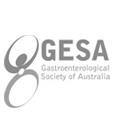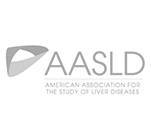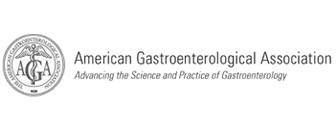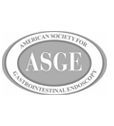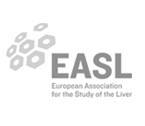Important Information Concerning Your Patients
Eastern Endoscopy Centre Patient Selection
At Eastern Endoscopy Centre, our Queensland Health License enables us to look after patients over the age of 14 years who are in relatively good general health predominantly ASA 1 and 2.
Patients who have more complex medical diseases especially if impairing cardiac or respiratory function, implantable defibrillators, wheelchair dependent or poor mobility preventing independent transfers, sleep apnoea or have a BMI>40, are referred to Mater Private Hospital, South Brisbane, or Sunnybank Private Hospital, Sunnybank under the care of our doctors.
Medications and colonoscopy
IDDM patients are generally given an early morning appointment and advised to seek advice from their GP or endocrinologist re adjusting their insulin doses prior to colonoscopy.
Addison's Disease patients are asked to consult their GP or endocrinologist regarding their cortisone dose.
Iron tablets should be ceased seven days before the procedure.
Aspirin and Warfarin can safely be continued up to the time of the procedure, including colonoscopy.
Anticoagulants
Eg Pradaxa/Xarelto/Eliquis/Iprivask/Heparin
The decision whether to cease these medications should only be made by the referring doctor or physician who commenced the therapy. (See Patient Forms) If the above medications are not ceased, then significant polyps will not be removed at the time of the procedure (diagnostic colonoscopy).
Antiplatelet agents
Eg Brilinta/Effient/Iscover/Plavix/Ticlid/Ticlopidine Hexal/Tilodene
The decision whether to cease these medications should only be made by the referring doctor or physician who commenced the therapy. (See Patient Forms) These medications should be ceased for 7 days prior to the colonoscopy. If the above medications are not ceased, then significant polyps will not be removed at the time of the procedure (diagnostic colonoscopy).
Polyp Follow-Up: Colonoscopic Surveillance Intervals endorsed by Cancer Council Australia, Gastroenterological Society of Australia (GESA) and Colorectal Surgical Society of Australia and New Zealand (CSSANZ)
Our doctors follow the following clinical recommended guidelines for polyp surveillance
Treatment of H Pylori and Follow-up C 14 Urea Hydrogen Breath test
Triple therapy with PPI therapy, Clarithromycin, and Amoxicillin for one week has a 75%-85% success rate in treating H Pylori in the Australian population.
There is an increasing incidence of Clarithromycin resistance. Quadruple therapy using a combination of PPI, Colloidal Bismuth, Amoxicillin and Metronidazole for a two-week period is recommended for resistant cases.
For patients with penicillin sensitivity Tetracycline 500mg qid OR Doxycycline 100mg bd has been recommended as a substitute.
Other treatment regimens are available Link - http://www.racgp.org.au/afp/2014/may/helicobacter-pylori-eradication/
C14 Urea Hydrogen Breath testing should be performed at least 8 weeks after eradicative treatment has been completed and the patient will need to be off PPI therapy for 2 weeks prior to testing.
After the Anaesthetic for a Procedure
Due to the sedation our patients are given, they are advised they must not drive a vehicle, operate heavy machinery, sign legal documents, or place themselves in any hazardous situations for at least 12 hours after the procedure. They will be unable to take public transport or use a taxi to go home unless they have an accompanying responsible adult.






